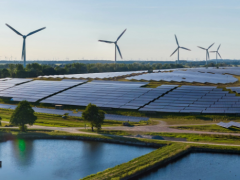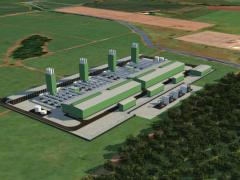A new white paper from LF Energy, Unlocking AI’s potential for the energy transition through open source, outlines the role open-source technologies can play in accelerating the integration of artificial intelligence (AI) into energy systems.
The paper examines the energy sector’s readiness for AI, its potential applications, initiatives to promote AI adoption and the role of open-source platforms in overcoming barriers to implementation.
It outlines potential AI applications in energy including:
- Grid optimisation: Using AI to predict fluctuations in demand and supply, potentially enhancing grid stability and reducing disruptions.
- Renewable energy forecasting: Leveraging machine learning models to improve forecasting for wind and solar output, which could minimise reliance on backup generation.
- Energy storage management: Exploring AI tools to manage battery charge and discharge cycles, ensuring capacity meets demand fluctuations.
- Demand-response systems: Applying AI to analyse consumption patterns and automate real-time load adjustments, reducing peak loads.
Open-source frameworks are important for addressing challenges such as interoperability and scalability while enabling collaboration across the industry, says Alexandre Parisot, LF Energy’s Director of Ecosystem, AI and Energy Systems. “Open source provides the energy sector with a pathway to collaborative innovation, ensuring faster and more cost-effective adoption of AI technologies.”
LF Energy, a non-profit initiative hosted by the Linux Foundation, focuses on modernising energy systems to support decarbonisation, decentralisation and digitalisation. The organisation aims to foster collaboration among utilities, technology providers and researchers through shared, open-source solutions.













